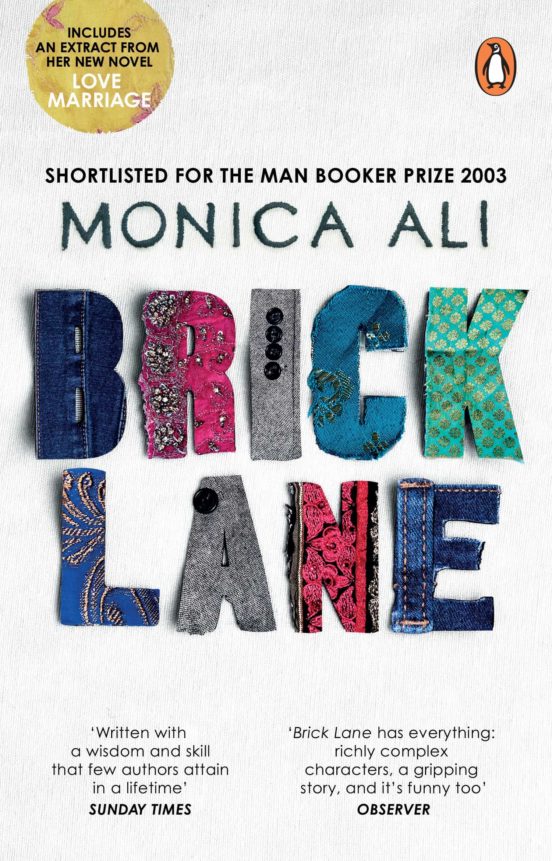

Nazneen’s fatalism, inherited from her mother Rupban, does not get bequeathed to her daughter Shahana, whose personality is instead shaped by her upbringing in a completely different cultural landscape in Britain. By contrast, Nazneen evolves from a woman who believes in the complete erasure of her choices by the forces of destiny, to one who quietly learns to reclaim her autonomy. Hasina’s story shows that women who dare to dream and violate the rigid cultural expectations imposed on them inevitably face social censure and are punished for their audacity. The narrative unfurls the intimate histories of multiple generations of women in Nazneen’s family, exposing how their circumstances and cultural contexts have shaped their attitudes to life. Rebellious even as a child, Hasina provides a foil to Nazneen’s fatalism, as she rallies against the future determined for her by her parents. Running in parallel to Nazneen’s story is her sister Hasina’s in Dhaka. Ali’s novel tells a story of immigrant life in Britain through the eyes of Nazneen, a young woman who has just moved from Bangladesh after her arranged marriage to a much older man, Chanu. The narrative focus shifts from Mymensingh District, East Pakistan in 1967 to London and Dhaka in the 1980s and 1990s, and includes the 9/11 attack on the World Trade Centre in 2001, along with its impact on global politics. Brick Lane is a novel whose events span decades and wide geographical distances.


 0 kommentar(er)
0 kommentar(er)
